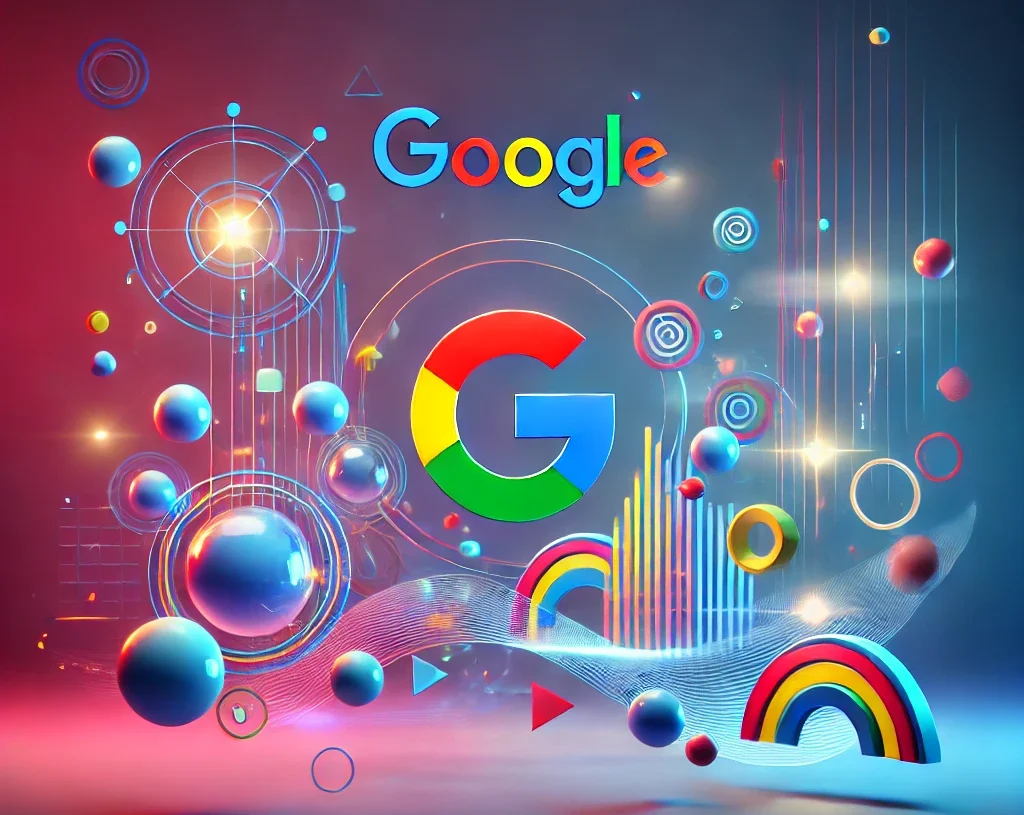Google DeepMind is setting its sights on redefining artificial intelligence with the creation of a new team dedicated to building AI models capable of simulating the physical world. This initiative, led by Tim Brooks—formerly co-lead of OpenAI’s video generator Sora—signals Google’s determination to push the boundaries of generative AI and artificial general intelligence (AGI).
A New Era for Google DeepMind
Tim Brooks, who joined Google DeepMind in October, announced the formation of the team via a post on X. “DeepMind has ambitious plans to make massive generative models that simulate the world,” Brooks shared. He also revealed that the team would tackle critical challenges, leveraging expertise from Google’s Gemini, Veo, and Genie projects.
- Gemini: Google’s flagship AI model series, capable of tasks ranging from text generation to image analysis.
- Veo: A video generation model designed to create high-quality video content using generative AI.
- Genie: Google’s groundbreaking world model, capable of simulating 3D environments and creating playable worlds.
The Mission: Scaling AI to New Heights
SEE ALSO: Motion Cues: Google’s Game-Changer for Combating Motion Sickness on Android
According to job postings linked by Brooks, the new team aims to scale AI models to unprecedented levels of computational power. Their focus will be on “real-time interactive generation” tools and integrating these tools with multimodal models like Gemini.
These world models are expected to revolutionize fields such as:
- Visual Reasoning: Enhancing AI’s ability to understand and interpret visual data.
- Simulation for Embodied Agents: Training robots and AI systems in realistic environments.
- Interactive Media: Transforming video games, movies, and other entertainment mediums with AI-generated, interactive worlds.
The team’s overarching goal aligns with the broader vision of achieving AGI—AI systems that can perform tasks as competently as humans across various domains.
The Competitive Landscape
Google isn’t the only player in the race to develop advanced world models. Other notable efforts include:
- World Labs: Founded by AI researcher Fei-Fei Lee, focusing on next-gen simulations.
- Decart: An Israeli startup working on interactive media simulations.
- Odyssey: A promising contender pledging to work alongside creative professionals to enhance, not replace, their work.
These companies envision world models as tools for creating interactive media, realistic training simulations for robotics, and much more.
Opportunities and Challenges

Transformative Potential
World models promise a wide range of applications:
- Gaming and Entertainment: Generating immersive, interactive experiences.
- Robotics Training: Simulating environments for autonomous systems.
- Real-World Simulations: Modeling scenarios for urban planning, disaster response, and scientific research.
Concerns in Creative Industries
While the technology excites researchers and businesses, it raises concerns in creative sectors.
- Job Disruption: A 2024 study by the Animation Guild predicted AI could disrupt over 100,000 U.S. jobs in film, television, and animation by 2026.
- Copyright Issues: Models trained on unlicensed content, such as video game playthroughs, could face legal challenges.
Google asserts that it complies with YouTube’s terms of service when using its video database for training. However, the company has not disclosed specific details about its data sources, leaving room for speculation.
The Ethical Debate
Some startups, like Odyssey, have pledged to collaborate with creatives rather than replace them. It remains to be seen whether Google will adopt a similar stance or face backlash from industry professionals.
Looking Ahead
Google DeepMind’s new team is a bold step toward realizing AGI and transforming industries reliant on simulation and interactive media. However, the journey will require navigating complex ethical, legal, and societal challenges.
As the tech world watches closely, the stakes couldn’t be higher. Google’s ability to balance innovation with responsibility may ultimately determine the future of generative AI and its impact on the physical and digital worlds alike.



